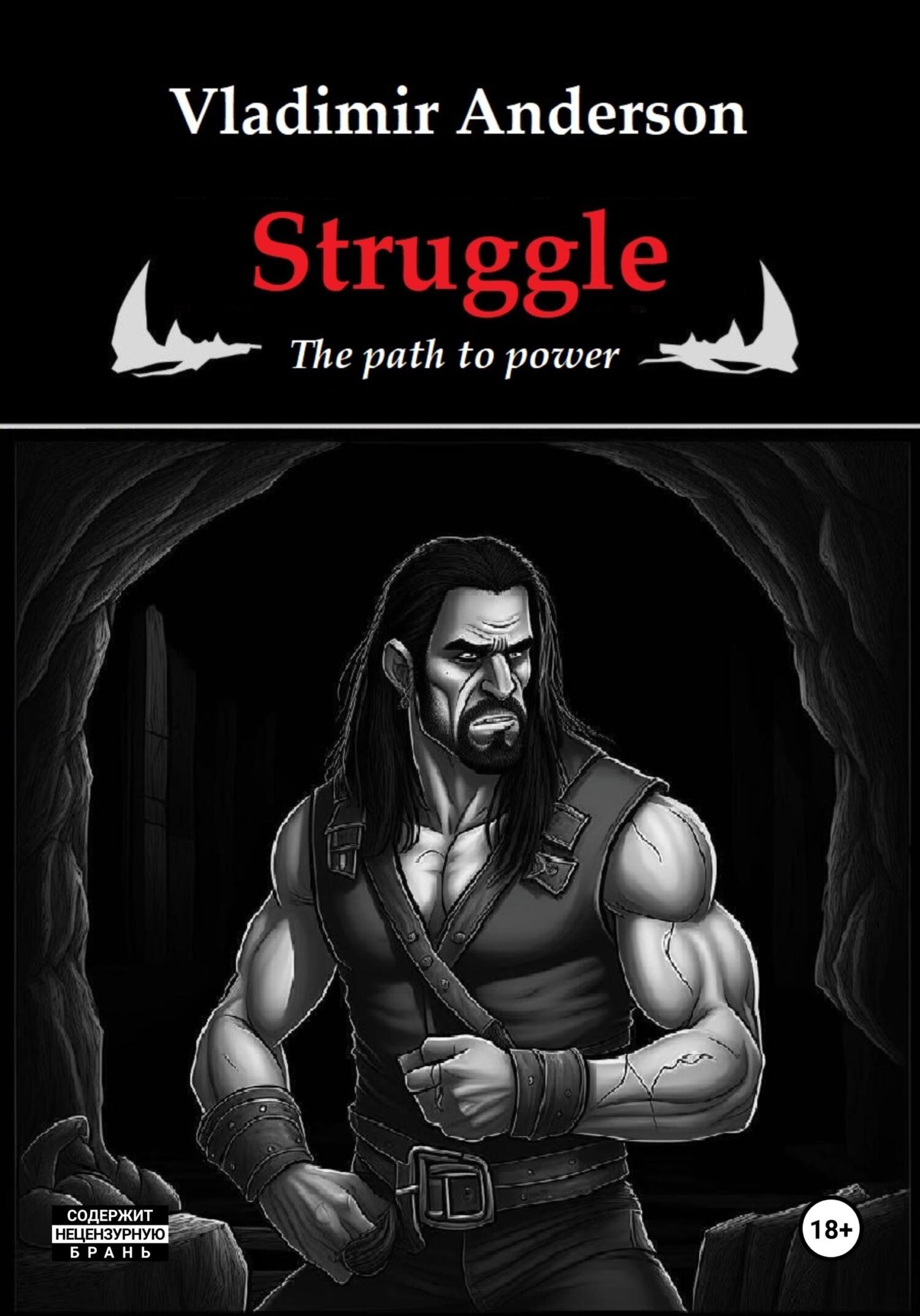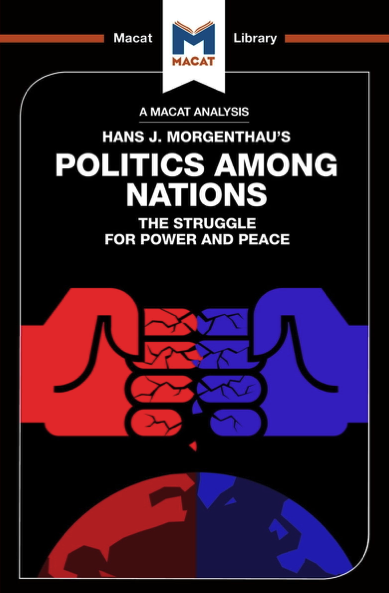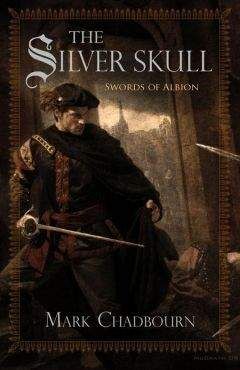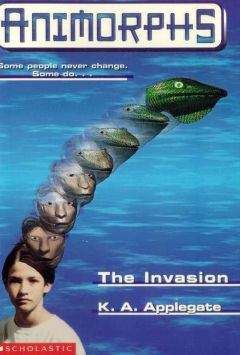open, now they also tried them in the open. And even now, in the rain, no one had the heart to suggest going inside.
All in dress uniform; in front of the dilapidated building of the once local administration of the ancients a small oak judge's table covered with a red tablecloth, with a cable behind it; to their right there should ideally have been a jury, but they were not there; to the left a small tribune assembled from crates and matbases; a little farther on a chair where the Major himself sat, guarded by two guardsmen.
There are people everywhere: all soldiers fighting for freedom, but some are orderlies and some are engineers.
The Commander-in-Chief is with everyone else, but in the front row. His figure is tall and weighty, but helpless in such surroundings — those who can only watch.
By this point, the court had finished considering everything "just charged" gave the defendant the
floor.
He shook his head negatively — I had nothing to add.
"The court withdraws for decision," the Chief Justice announced, and they all departed the plaza.
Everyone stood still, not moving, not whispering, not even breathing. Only the downpour flooded everything in the area, rumbling with immortal, inaccessible lightning.
Misha looked at Bolotnikov. The major was sitting still and calm, and, though it was far away, you could see his satisfied eyes. That he had managed to save his unit, that they hadn't had to burn for those, in fact, unnecessary fifteen minutes. "They're alive, and that's more than enough. It outweighs everything else."
Then he looked at the towering building; it had been the seat of the Poltava administration a long time ago. The roof of the building, though still holding up, was broken in two places and crumbled at the edges. Plaster had fallen off the walls, and even the frames of the windows were broken. This was the place where the verdict was being deliberated.
After looking around the ruins, Misha turned to Natasha. It was very hard for her to be here, her eyes said.
— Why did you come?
— I don't know myself… But that's a question you may not know the answer to…..
— Which one can't you use?
— If I didn't show up, I'd be asked "Why didn't you show up?" It's impossible not to know the answer to that one.
— Who would ask you that?
— I don't know. — Natasha answered, knowing full well that she would be the one asking herself.
Three men came out of the building. As they approached the table, they did not sit down, but took out a small piece of paper: "Please stand up, everyone." Bolotnikov rose from his chair and stood as straight as he had never had to stand before; he is a combat officer.
"The court of the Free Land recognized Major Sergei Ivanovich Bolotnikov, commander of the "Donbass" battalion of the Bogdan Khmelnitsky grouping, as guilty of violating the order. In accordance with the statute "Officer of the Free Land" to deprivation of military rank and death by firing squad. The case is closed.
Of all those who were on the square, there was no one gloomier than Khmelnitsky. Because of his "specifics" in the order came out "this". Only after "this" was seen, the question of the deadline for the withdrawal of troops from Kremenchug arose. But he could not give a direct order, because there was indeed an informer in the group, and if he found out, the whole group could be jeopardized.
But there was a second option. Destroy "it." What would have happened? Khmelnitsky would have been deposed, and then the group would have collapsed. There was no doubt about it — no matter what people fight for, they always fight for power, without looking at any principles and consequences.
"No, well, what aren't they people? Out of all three of them, there was not one of them?" — Victor asked himself and answered: "No, they are not people. They are mechanisms that act according to the statute you wrote once. And you yourself were the most eager to approve it. And you yourself were a mechanism when you handed them the report. That's the system. And you can't go against it, even if you created it.
Otherwise it will either eat you or fall apart. And it will be either usurpation or revolution…"
But what's Bolotnikov got to do with it?! We're fighting the plagues, and he's a soldier. Men like him are all we need to win! And they shoot him?!
A single "no" will suffice here.
Khmelnitsky stepped out of the row. Through the downpour. Through the post.
"The Commander-in-Chief desires the floor," he pronounced to the entire square.
There was whispering among the people, and whispering in court.
"The Court gives the floor to the Commander-in-Chief."
Victor did not cough, warming up his voice: one could not hesitate here, only the system could: "In view of Major Bolotnikov's special merits to the Free Land, to our entire group and to me personally, I ask to replace the firing squad with enrollment in the penalty battalion.
The court whispered again, and the people became indignant. The people had never seen such a thing before and could not see it. Everyone was silent, but the thoughts and that muffled sound of surprise rumbled over everything.
"They don't know what to do. Because there's no clause about what to do in such cases. — Victor thought. — 'They're my levers after all. Even if it's for the last time. But still my…" Every feeling, every nerve in him whispered that after the court agreed, one of his most ardent supporters would come up and stab him in the back. And that was what he wanted so badly. Let it happen, Zubkov would take charge, shoot a couple of rioters, and all would be well. The group won't fall apart. And if it doesn't, what's he gonna do? Stay the same with this offense behind





